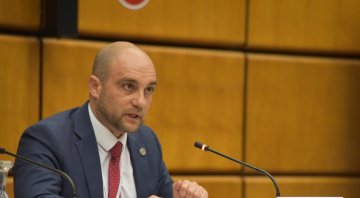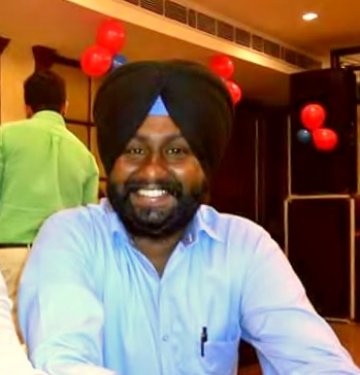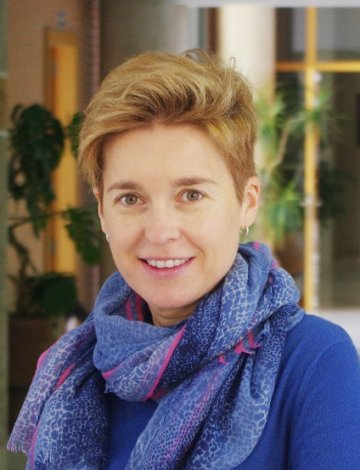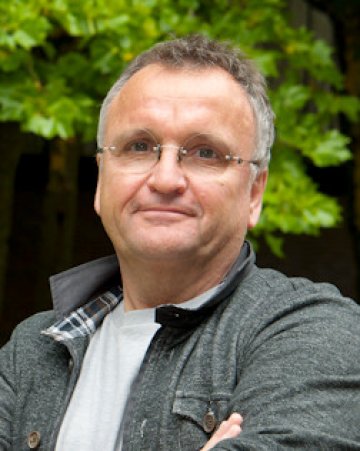Portuguese national, Marco Teixeira, joined UNODC in 2011 and the Corruption and Economic Crime Branch, Division for Treaty Affairs, of UNODC in January 2019 as the Senior Programme Officer and Coordinator of the Global Programme for the Implementation of the Doha Declaration, aimed at helping countries achieve a positive and sustainable impact on criminal justice, corruption prevention and the rule of law. He leads a team of dedicated professionals, both in Vienna and in the field, responsible for providing technical assistance and the dissemination of materials and tools related to education, youth crime prevention through sports, judicial integrity and the rehabilitation of prisoners.
IJJO Interviews
UNS
United Nations
CHE
Switzerland
Philip D. Jaffé is a full professor at the Faculty of Psychology and Educational Sciences at the University of Geneva (UNIGE), as well as the founding director of its Centre for Children’s Rights Studies (CIDE) (2008-2019) based at the Valais Campus of the UNIGE. He trained both as a clinical and a forensic psychologist in Fribourg and Geneva, Switzerland, and in New York and Boston, USA.
IND
India
Kuldeep Singh worked as a member of the Juvenile Justice Board with the Government of Haryana (India) from June 2011 to December 2016. He worked efficiently to ensure the rehabilitation, speedy trials and legal rights of juveniles in conflict with the law, and to implement the Juvenile Justice Act at judiciary and police levels in his district and across the state.
He has organised workshops and delivered lectures for stakeholders such as Special Juvenile Police Units, Child Protection Units, Child Welfare Committees and Juvenile Justice Boards in the state. In addition, he has attended many regional and national seminars and expert meetings related to the Juvenile Justice System in India.
He has further specialised in assessing the cognizance of the juveniles staying in observation/special homes due to non-decided cases within a time-bound period, and also that of foreign national juveniles. Mr. Singh is a practising counselling psychologist for the rehabilitation of juveniles who come into conflict with the law.
In January 2018 Mr. Signh was appointed as Consultant for the Chandigarh Commission for Protection of Child Rights (Union Territory Administration).
Recently, the State Legal Services Authority at the Department of Administration of Justice (State Government) appointed Mr. Singh member of the Permanent Lok Adalat (Permanent Public Court).
Mr. Singh also has experience as the Vice President of the NGO Zila Yuva Vikas Sangathan (ZYVS), which runs CHILDLINE, a 24 hour Child Helpline for children in need of care and protection, i.e. missing children, abandoned children, runaway children and victims of child labour.
This NGO also works on projects for children’s education, financially supporting BPL (below poverty line) children in their education, and on opening shelter homes for children and special needs children. In addition, the NGO runs over 150 training centres, and is now embarking on international collaborations for children’s schooling projects.
ESP
Spain
Esther Fernández Molina is professor of Criminology at the University of Castilla-La Mancha and Academic Secretary of the Master’s degree in Criminology and Juvenile Crime at the same university. She is responsible for the Criminology Research team at the University of Castilla-La Mancha, and as such is principal researcher for various European, national and regional projects.
Her main areas of research are juvenile justice, trends in crime and public perception of crime; specifically, she is interested in the study of fear with regard to crime and public attitudes towards criminal justice and juvenile punishment. From 2013 to 2016, she was president of the Spanish Society of Criminological Research, and she continues to be involved with the society, contributing to the development of this discipline in Spain.
GBR
United Kingdom
Professor Barry Goldson PhD holds the Charles Booth Chair of Social Science at the University of Liverpool, UK. He is also: Visiting Professorial Research Fellow at the Faculty of Law, University of New South Wales, Sydney, Australia; Professorial Fellow in Social Science at Liverpool Hope University, UK; and Adjunct Professor at the School of Justice, QUT, Brisbane, Australia. He is the Chairperson of the British Society of Criminology Youth Criminology/Youth Justice Network (YC/YJN) and Co-Chairperson of the European Society of Criminology Thematic Working Group on Juvenile Justice (TWGJJ).
Professor Goldson, who is an academic member of the European Council for Juvenile Justice, has researched and published extensively. His most recent books include: Youth Crime and Juvenile Justice; Youth in Crisis? ‘Gangs’, Territoriality and Violence; Youth Crime and Justice, 2nd edition and Justice and Penal Reform: Re-shaping the penal landscape.
He is currently working on three further books that will be published in 2018 and 2019: Juvenile Justice in Europe: Past, Present and Future (2018); Youth Justice and Penality in Comparative Context (2018) and Re-imagining Juvenile Justice (2019). Professor Goldson is networked across the international research community and he also has long-standing relations with a range of national and international governmental and non-governmental, human rights and progressive penal reform organisations.




